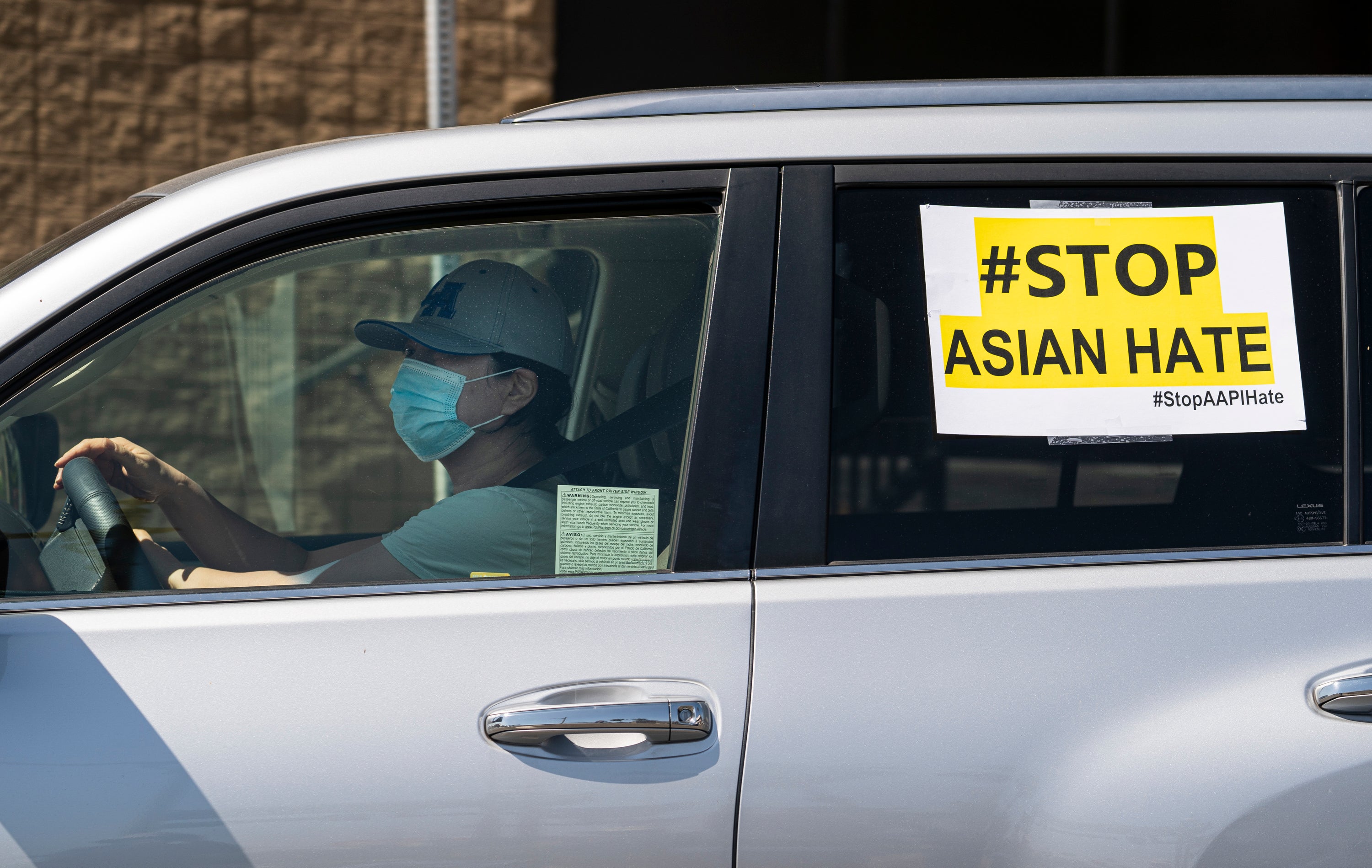Asian, Black Americans more likely to give to racial justice
A report released on Wednesday says donations to racial and social justice causes ticked up to 16% of American households in 2020

Donations to racial and social justice causes ticked up to 16% of American households in 2020, as donors raced to provide support to affected communities in a year marked by protests and increased attention on racism in America, according to a report released Wednesday.
The study by Indiana University’s Lilly School of Philanthropy found the bump in giving was driven by contributions among all demographic groups, though it noted Asian American and Black households were more likely to donate to such causes than their white counterparts.
Nearly a third of Asian American households and 19% of Black households donated to those causes, according to the study, which found 14% of Hispanic households and 13% of white households made similar donations.
"A lot of the attention, so far, on giving to racial, social justice has been on foundations and the corporate side, but it’s also important to realize that everyday donors — households of all different backgrounds — have been part of this," said Una Osili, a researcher on the study and the associate dean for research and international programs at the Lilly School.
“It’s a very diverse group of donors, and donors of color are certainly leading in giving to racial and social justice," she said.
The report offers the first major look into how everyday Americans opened their pocketbooks in reaction to last year’s summer protests and other events. Experts note many Asian Americans became more mobilized to donate amid fears about anti-Asian discrimination during the COVID-19 pandemic. The slayings of six women of Asian descent earlier this year also brought a new wave of donations amid widespread concerns about the spike in anti-Asian hate crimes across the U.S.
“It is a new moment in this country, and the world, around racial reckoning and Asian Americans are actually a part of that,” said Patricia Eng, the president of the advocacy organization Asian Americans/Pacific Islanders in Philanthropy.
Millions have poured into organizations focusing on Asian American communities, though, researchers say the donations cut across racial lines.
A large chunk of the study's findings comes from a national representative survey of more than 1,500 households, which was conducted with the research organization NORC at the University of Chicago. But the data also has its limits -- the survey was conducted in September 2020, months before the year ended.
Contributions to racial justice causes could go to different sectors, including education, the environment and civil rights. The Lilly study found donors to these causes were more likely to be younger, single and less religious than other donors. Researchers say that’s partly because donations have largely been driven by social media, which tends to draw in younger Americans, who also participate less in religious services.
Most donors had also reported they gave through crowdfunding sites, like GoFundMe. Donors from minority communities were also more likely to give through those sites.
Last year, crowdfunding sites organized direct donations to the family members of George Floyd, Breonna Taylor and others. They also collected bail funds for protesters and supported civil rights organizations, but tracking money donated through these sites has been a challenge.
"It’s really complicated for researchers because a lot of it is not publicly available data," said Shena Ashley, the head of the Urban Institute’s Center on Nonprofits and Philanthropy. “Some of them, in particular, have been really helpful and open to the research community .. but it’s not universal. There aren’t any regulations or requirements for that kind of data sharing.”
___
The Associated Press receives support from the Lilly Endowment for coverage of philanthropy and nonprofits. The AP is solely responsible for all content. For all of AP’s philanthropy coverage, visit https://apnews.com/hub/philanthropy.